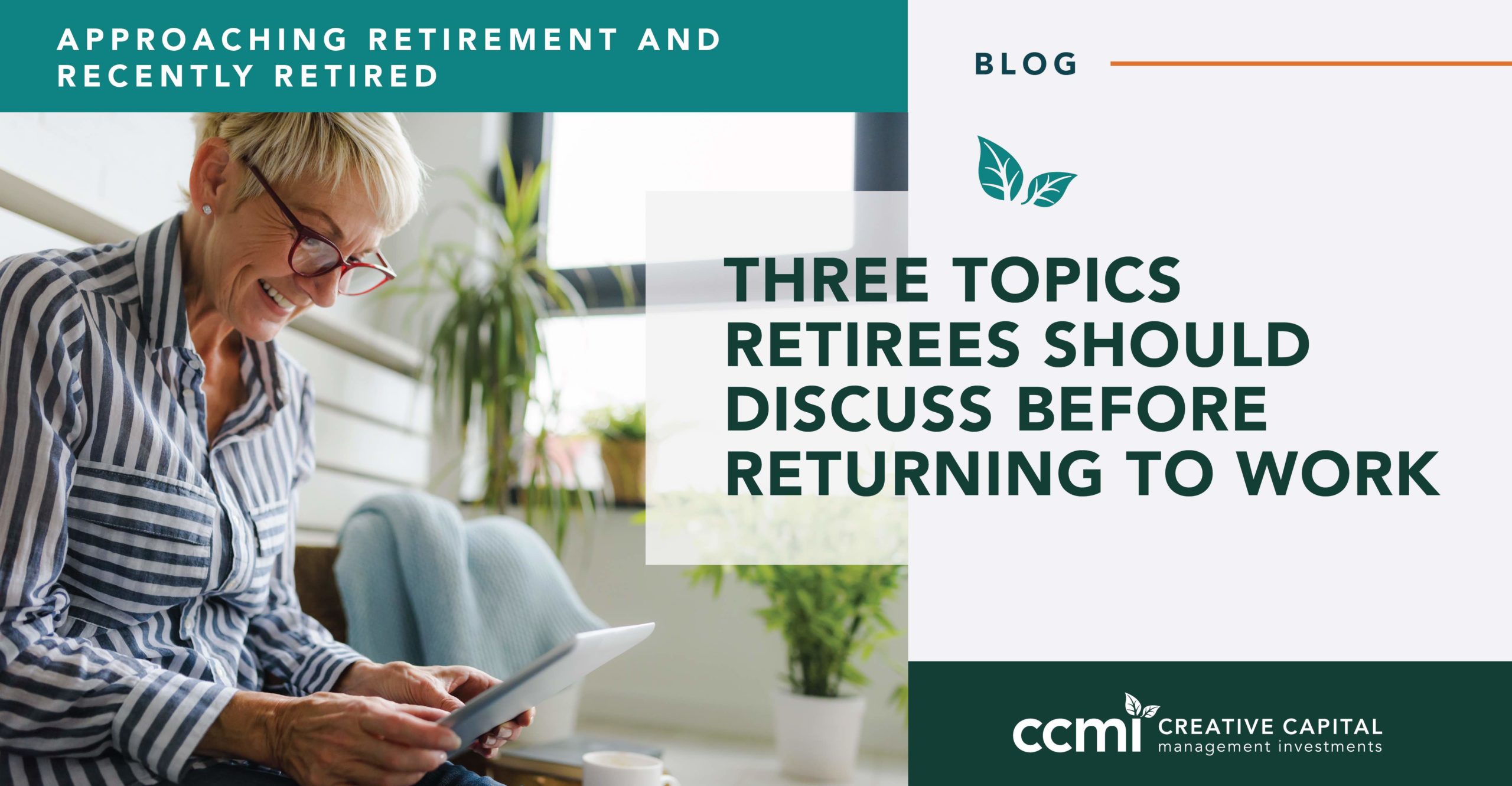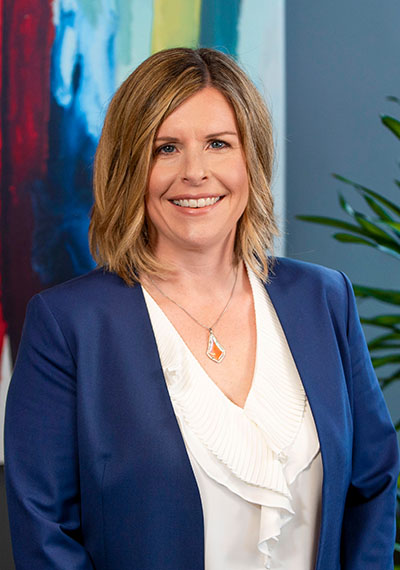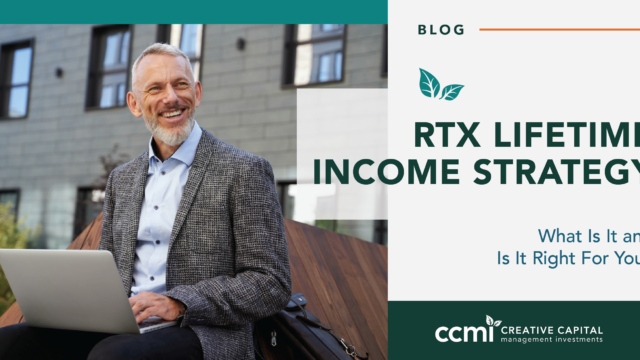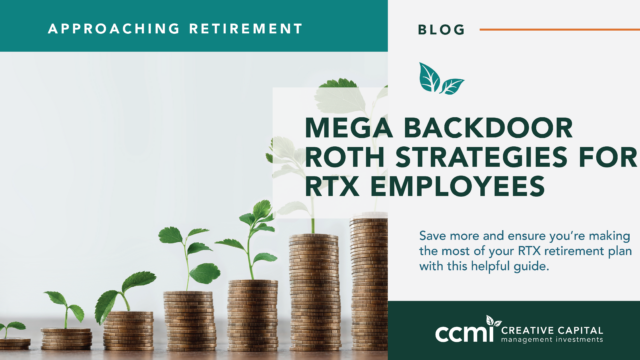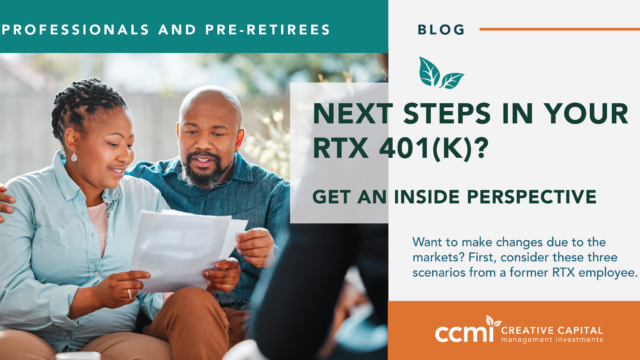A second-act or encore career is a common pursuit of retirees or near-retirees following decades of hard work, perhaps building a business and fulfilling professional obligations. While your reasons for returning to work may have little to do with a paycheck, it can offer you additional cash flow flexibility while allowing you to continue contributing value in your field and staying active in your community. This chapter is an exciting transition for many retirees and requires addressing several topics before leaping back into the workforce. We’ll share the factors you should consider as part of your financial planning in your retirement career.
Topic #1 Your Age
Your age will play a role in various ways if you choose to return to work. For example, it could determine how often you can work, how you may use your income, and potential tax strategies you implement.
- Social Security: For example, if you plan to take Social Security retirement benefits before reaching your full retirement age, there are limitations on how much income you can earn while working without reducing your Social Security income. These benefits are less of an issue if you’ve already reached your full retirement age, when you can earn as much as you’d like without reducing your benefit. Also consider if the additional income will affect the cost you pay for Medicare, which is an income based premium for those over 65.
- Physical Limitations: Consider what the job requirements will be for the position you are pursuing. The physical limitations that often come with aging may impact the type of work you choose to engage in. While you may be interested in manual labor or a trade occupation, it’s worth considering how your age will affect your performance and health or if you should scale back the amount of time you work in these fields, if at all.
- Consume or Save? You may use your earned income differently based on your age. For example, if you retire in your late 60s, you may be able to continue saving in a tax-deferred retirement account and live off your other retirement savings and income. However, if you’re a younger retiree in your late 50s or so, you may consider how your earned income can supplement your current expenses while allowing you to work less.
In addition to these considerations, we encourage you to consult with an accountant to discuss how you could benefit from various tax-planning strategies based on your age, income, and goals.
Topic #2 Liability Exposure
Perhaps you retired in San Diego from the healthcare or biotech field and want to use your expertise and skills to give back to your industry, a common objective of many retirees returning to work. However, liability exposure is a significant factor to consider for some professionals. While you may only want to be involved 10% of the time in the business, you may still have 100% of the liability if a patient or client files a claim against you. In these professional service fields, it’s valuable to consider the cost and hurdles of obtaining malpractice or other insurance or if you should instead return to an advisory, non-client-facing role.
Is It a Business or Hobby?
A second career can also allow you to pursue a passion project that couldn’t previously support you financially. However, while hobby-focused work can be fun and exciting, it can also pose undue liability risks and costs down the road. For example, suppose you’re considering opening a flower shop or selling crafts online. You should first consider the amount of time it may take to become profitable and if your income can support a business entity’s operating and tax requirements. You may decide working as a contractor on a 1099 basis or as a part-time employee allows you to stay involved in doing what you love while reducing your risk.
In both of these scenarios, discussing the tax and liability implications with a financial planner or tax professional is helpful.
Topic #3 Relationships and Lifestyle
Deciding to return to work can also affect your relationships and lifestyle in general, which is the emotional side of the decision-making process. Some scenarios to consider include:
- How will your second career affect your spouse or partner? This answer can be different for everyone, based on if their spouse is still working or fully retired. For example, a fully retired spouse may feel tied down by your professional obligations. In contrast, a working spouse may feel a gamut of emotions having not yet experienced the freedom and flexibility of retirement as you have. It’s helpful to discuss income needs and establish boundaries for how you plan to spend your time before fully committing to a second career.
- How will your new role affect your professional relationships and status? Something you may overlook during the excitement of returning to work, especially at an organization you helped build or lead, is the transition of relationships you’ll likely experience. It’s worth considering how your professional status, contributions, and ability to enact change may shift in a more limited or advisory capacity. If reducing your leadership role or control in a familiar environment may be challenging, you may consider using your skills in an entirely new space or organization.
- Will you still be able to enjoy your retirement? Something to seriously evaluate is how your new career or role will fit into your ideal retirement scenario—and not the other way around. We often encounter clients who have overcommitted, working more than expected, which subsequently takes away from what they originally planned in retirement, such as more travel, volunteering, or time with family. While it may not be realistic to put a time frame on how long you plan to work, it’s beneficial to think about how a post-retirement career will affect the various areas of your life and for how long.
At CCMI, we want to help you build a retirement plan on your terms and based on your goals. We have a lot of experience assisting clients in returning to work following their full-time careers. Please contact our team if you’re a retiree considering returning to work or are approaching retirement and want to plan for the future. We’d be happy to run the numbers with you and walk you through the scenarios you may have not yet considered.
CCMI provides personalized fee-only financial planning and investment management services to business owners, professionals, individuals and families in San Diego and throughout the country. CCMI has a team of CERTIFIED FINANCIAL PLANNERTM professionals who act as fiduciaries, which means our clients’ interests always come first.
How can we help you?

